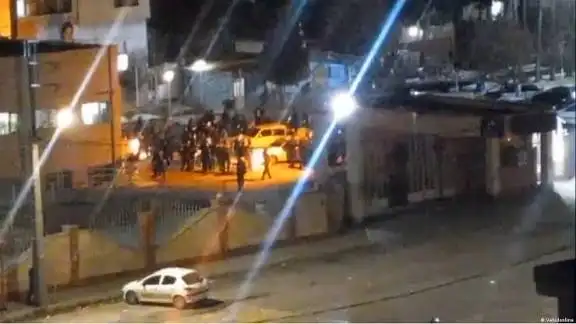The United Nations has recently highlighted the Taliban’s systematic oppression of Afghan women through the judicial system, describing it as a form of “gender apartheid” that may constitute crimes against humanity. Richard Bennett, the UN’s special rapporteur on human rights in Afghanistan, presented a report to the UN General Assembly detailing these concerns.
Since the Taliban’s return to power in 2021, they have suspended the 2004 constitution and laws that protected women’s rights, including a landmark law criminalizing 22 forms of violence against women. The regime dismissed all judges from the previous government, including approximately 270 women, replacing them with men who lack legal training and enforce decisions based on Taliban edicts. This restructuring has led to a judicial environment hostile to women, with courts often rejecting complaints related to divorce, child custody, and gender-based violence.
The Taliban’s control over law enforcement and investigative agencies has further marginalized women, as they have purged personnel from the previous government. The absence of female judges, prosecutors, and lawyers has left women and girls with limited avenues to report abuse or seek redress. Additionally, the requirement for women to be accompanied by a male relative to file complaints or attend court proceedings disproportionately affects widows, women heads of households, and those who are displaced or disabled.
In response to these systemic issues, the International Criminal Court (ICC) has sought arrest warrants for two senior Taliban leaders, accusing them of crimes against humanity for persecuting women and girls. The UN expert has also called for international legal action, urging support for the ICC’s efforts and advocating for bringing Afghanistan before the International Court of Justice for violating international conventions on women’s rights.
The UN’s findings underscore the urgent need for global attention and action to address the severe human rights violations faced by Afghan women under the Taliban’s rule.












Leave a comment